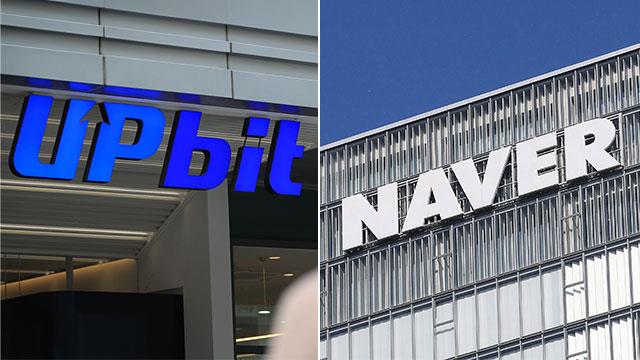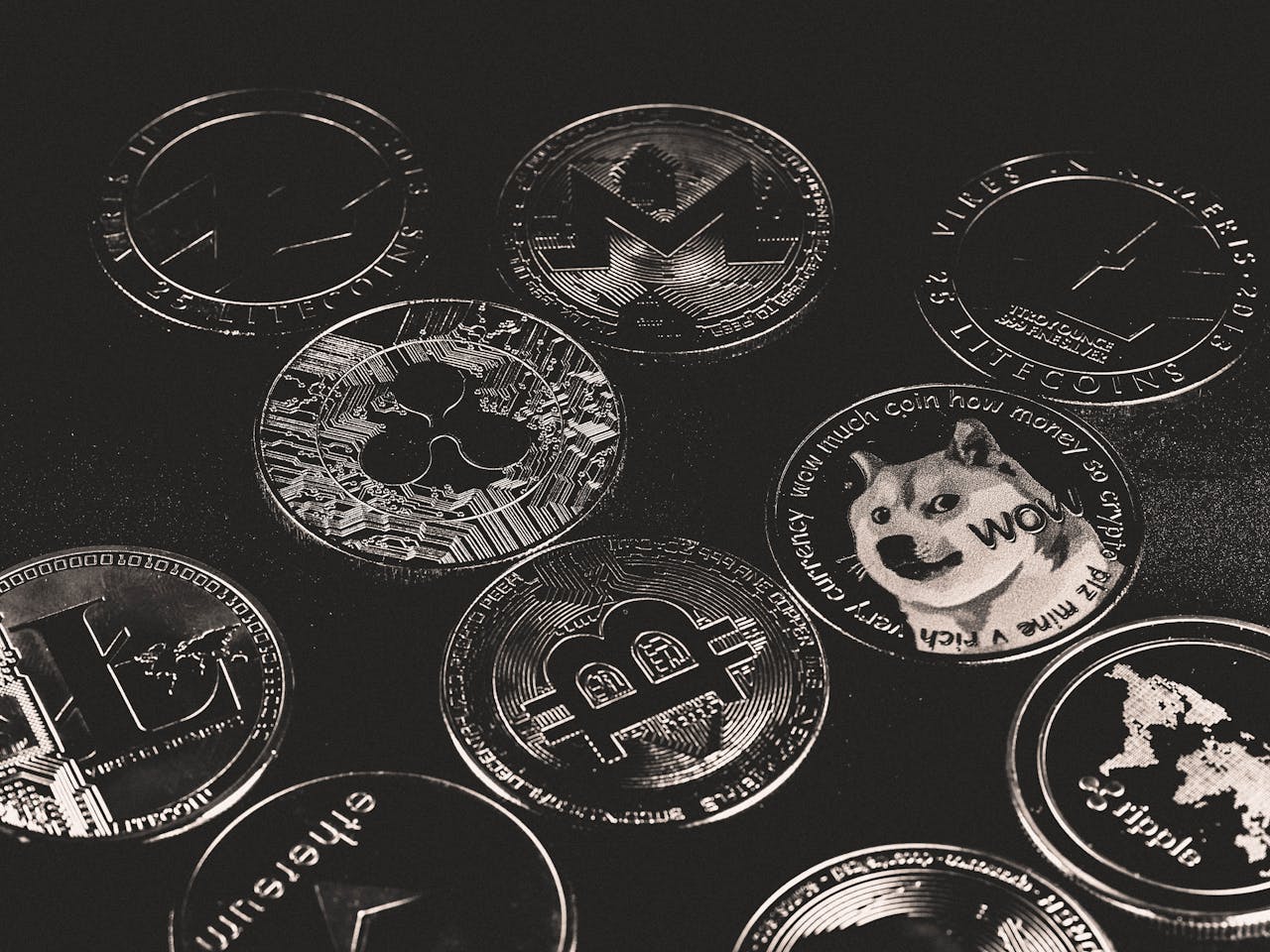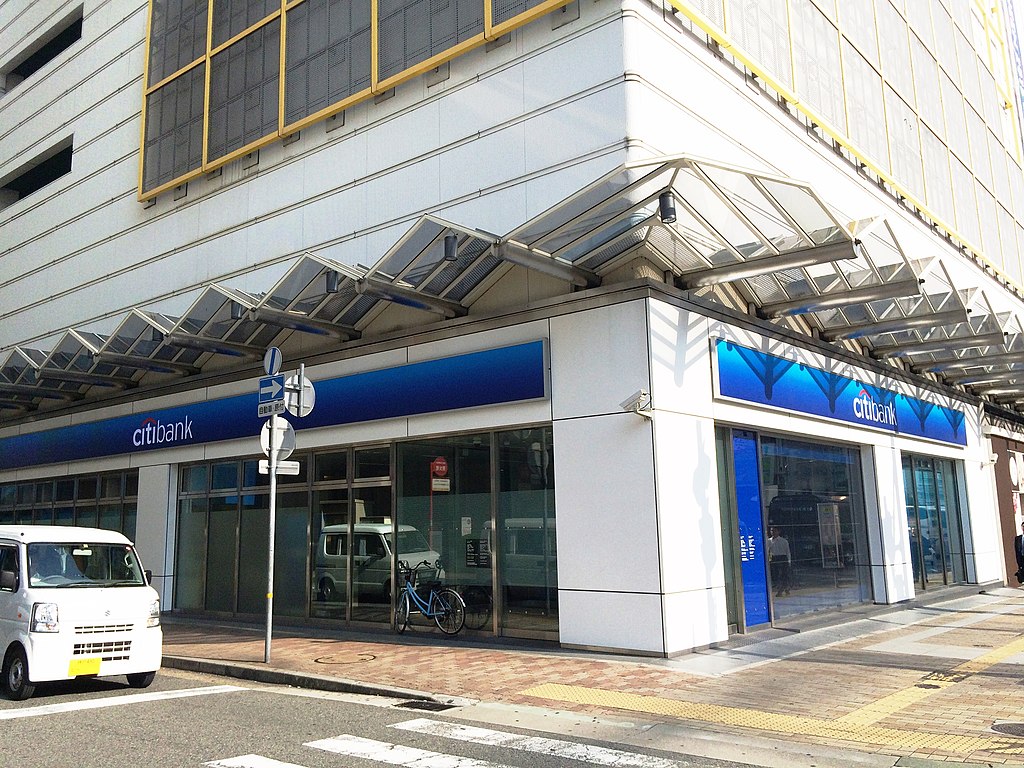South Korea’s digital economy may be on the verge of a structural reordering.
The potential merger between Naver Financial and Dunamu, the operator of Upbit, is not merely a corporate deal. It represents a possible transfer of leadership within Korea’s internet and fintech sectors — from a maturing Web 2.0 incumbent to a capital-rich Web 3.0 disruptor.
A Deal Beyond the Headlines
Both companies have confirmed that they are in discussions over a stock-for-stock exchange, though no final terms have been disclosed. Should the merger materialize, Dunamu shareholders would receive newly issued Naver Financial shares, while Naver’s ownership would be diluted to roughly 17 percent. That would make Upbit founder Song Chi-hyung the de facto controlling shareholder — a symbolic reversal for an industry that once sought recognition from traditional tech.
Market reaction was immediate. Dunamu’s over-the-counter stock price rebounded sharply after the announcement, reflecting investor belief that the merged entity could pave a path to a Nasdaq listing — a long-held ambition for the Upbit operator.
The Logic of the Union
For Naver, the rationale is survival. Once synonymous with Korea’s digital life — from search to shopping, payments to content — the company’s growth has stalled. Its core businesses are mature, its new ventures loss-making, and its narrative exhausted. Naver Pay processes nearly ₩80 trillion annually but earns little profit after card and payment-gateway fees.
For Dunamu, the problem is the opposite. It is extraordinarily profitable — with margins above 60 percent — but hemmed in by regulation. It lacks institutional legitimacy and has little access to overseas markets.
A merger offers each what the other lacks: Naver’s trust and data infrastructure, and Upbit’s profit engine and crypto expertise. Combined, they could build a payments ecosystem anchored by a won-denominated stablecoin, cutting transaction costs and positioning Korea for the next phase of digital finance.
Regulatory Reality Check
Yet this convergence is fraught with policy risk. Korea’s separation of finance and industry rule (금산분리) restricts industrial conglomerates like Naver from controlling financial institutions. A merger of a fintech subsidiary and a crypto exchange sits squarely in that gray zone.
Political optics are equally delicate. Upbit is under regulatory pressure following tax and compliance probes, while Naver Financial was previously led by Han Seong-sook — now the Minister of SMEs and Startups. Any perceived favoritism could ignite public backlash.
Still, the global context is shifting. The United States is normalizing stablecoins as regulated payment instruments, and major tech firms are re-entering digital-currency initiatives once deemed too risky. If Korea reframes stablecoins not as a challenge to monetary sovereignty but as an alternative payment rail, the government could find policy room to maneuver.
Toward a Korean Coinbase
The merger — if consummated — could mirror Coinbase’s evolution from a trading venue into a diversified fintech infrastructure provider. Naver’s distribution power and Dunamu’s liquidity base together could define a “Korean Coinbase,” expanding into custody, brokerage, and cross-border settlement services.
That narrative would also strengthen any future Nasdaq bid. Dunamu has explored that route before but lacked the regulatory credibility to clear U.S. listing standards. Under Naver Financial, it could make a more compelling case to global investors seeking exposure to Asia’s most advanced digital-asset market.
A Test of Korea’s Digital Leadership
What’s unfolding is not merely a corporate combination but a test of Korea’s institutional imagination. Can the country integrate its Web 2.0 legacy platforms with its Web 3.0 innovators without collapsing under regulatory friction? Can it export that model abroad?
The answers will determine whether this merger becomes a milestone for Asia’s fintech future — or a cautionary tale of innovation constrained by outdated rules.
Either way, Korea’s next digital leader may emerge not from Silicon Valley imitation, but from the reconciliation of its own divided system — finance and industry, code and content, regulation and risk.


























Comment 0